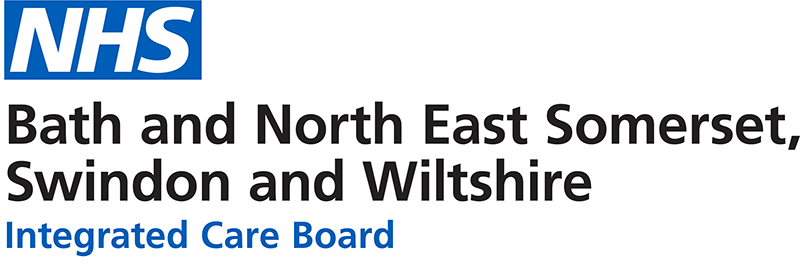Hospitals prioritise patient safety as public is urged to attend important outpatient appointments
A worrying trend of patients avoiding important face-to-face hospital appointments has prompted a warning that doing so could have serious implications for long-term health.
Clinicians at the Great Western Hospital in Swindon, the Royal United Hospital in Bath and Salisbury District Hospital have said that, for some specific areas, the number of missed appointments has risen by around 50 per cent.
The reason for the drop in attendances and rise in missed appointments is thought to be a result of local people’s worries about possible exposure to coronavirus when in clinical environments.
And with more and more hospital-based services, such as outpatient clinics and diagnostic investigations, beginning to resume after being temporarily suspended, officials wish to offer reassurance that it is safe, and in patients’ best interests, to attend.
Dr Andrew Girdher, Clinical Chair, Bath and North East Somerset, Swindon and Wiltshire, said: “As a practicing GP, I know that when a doctor refers a patient to hospital, it’s because there is a genuine need for them to be seen and assessed by an expert.
“Not attending these appointments, especially when it’s relating to something serious, such as a suspected cancer, is extremely risky as delaying treatment, even by just a few months, can have serious implications on future care.
“Coronavirus is now part of our everyday lives, and while our hospitals are carrying out more consultations remotely, there is still a need for some to take place in person.
“It’s vitally important for people to honour these appointments, not least because the health conditions that were around before Covid-19 are still with us, and still need to be treated with the same significance.”
In addition to the recent rules around the compulsory wearing of face coverings in healthcare settings, the ICB’s three main hospitals have all introduced a host of other measures to ensure patients are kept safe and protected at all times.
These include isolating areas of the buildings that have been set up to care for patients with coronavirus, carrying out regular deep cleans of waiting rooms and corridors, maintaining widespread strict social distancing and providing separate entrances and exits for patients and staff.
Patients attending appointments in person should prepare for their hospital visit by bringing with them their own face covering, using the provided hand sanitiser gel at the various entrance points and not arriving more than five minutes early.
Wherever possible, patients are asked to attend appointments alone.
However, it is recognised by each hospital that some patients, including those under 16 or with a learning disability, may require a parent, carer or other nominated person to be present.
Information on what to expect at each hospital can be found online by visiting www.gwh.nhs.uk, www.ruh.nhs.uk and www.salisbury.nhs.uk.
